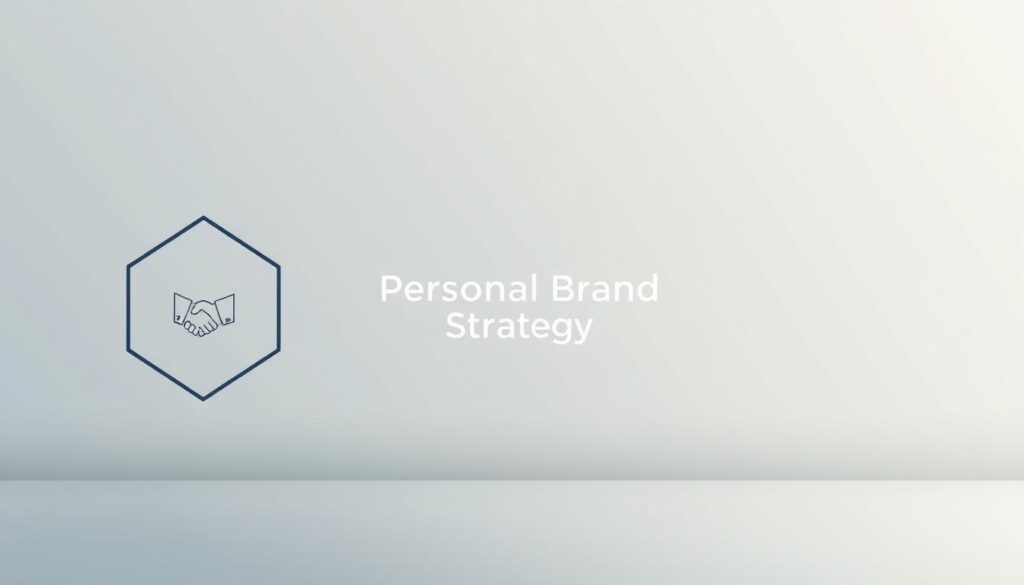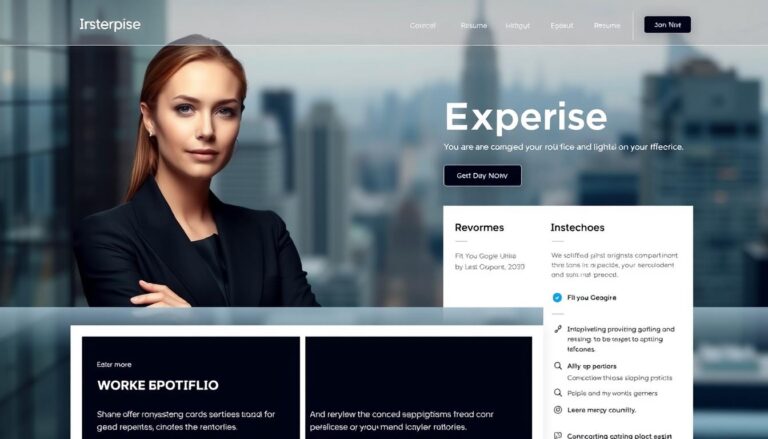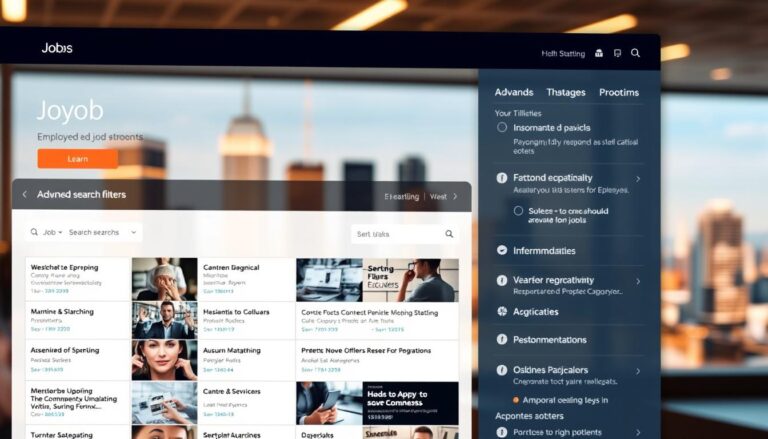The Role of Personal Branding in Career Growth
Establishing a strong personal brand is crucial for career growth and professional development. According to Jill Avery, a Senior Lecturer at Harvard Business School, personal branding is “the intentional, strategic practice of defining and expressing your value.” This concept goes beyond mere self-promotion; it’s about showcasing your unique professional strengths and values.
By strategically crafting your personal brand, you can differentiate yourself in a competitive job market and open up new opportunities for advancement. Effective personal branding involves a deep understanding of your professional identity and a clear expression of your career aspirations.
Understanding Personal Branding in Today’s Professional Landscape
Personal branding is no longer a luxury, but a necessity for anyone seeking to advance their career in the modern professional landscape. As defined by Avery and her co-author, HBS Executive Fellow Rachel Greenwald, in the Harvard Business Review, “Personal branding is the amalgamation of the associations, beliefs, feelings, attitudes, and expectations that people collectively hold about you.” This concept is about creating a genuine and consistent image that reflects one’s professional identity and values.
Effective personal branding is crucial in today’s competitive job market. It not only enhances visibility but also opens up new opportunities for career growth. By establishing a strong personal brand, professionals can differentiate themselves from others, build a reputation, and attract the right connections.

The significance of personal branding lies in its ability to convey a professional’s unique strengths and values. It’s about being perceived as you want to be seen by your audience, whether that’s potential employers, clients, or partners. In essence, a well-crafted personal brand can be a powerful tool for achieving career goals.
The Role of Personal Branding in Career Growth
Personal branding is no longer a luxury, but a necessity for professionals seeking career growth. A strong personal brand can attract projects, promotions, and job opportunities that correspond to your skills and interests.
By establishing a consistent and authentic personal brand, you can connect with like-minded professionals and expand your network. This network can become a valuable resource for advice, collaborations, and new opportunities.
A well-crafted personal brand is not just about self-promotion; it’s about showcasing your unique value proposition and the benefits you can bring to your profession.
When you invest in your personal brand, you’re more likely to be noticed by industry leaders and potential employers. This visibility can lead to new professional opportunities, such as speaking engagements, interviews, and high-profile projects.

To maximize the impact of your personal brand, it’s crucial to maintain consistency across all platforms and to continuously work on your professional development. By doing so, you can ensure that your personal brand remains a powerful tool for career advancement.
Essential Elements of an Effective Personal Brand
Personal branding plays a significant role in shaping one’s professional identity. To build a strong personal brand, it’s essential to understand its core elements.
Defining your purpose is the first step in creating an effective personal brand. This involves identifying your strengths, values, and career goals. By doing so, you can develop a unique value proposition that sets you apart from others in your field.
Defining Your Unique Value Proposition
Your unique value proposition (UVP) is a statement that describes your professional brand’s unique benefits and value. To craft a compelling UVP, you need to understand your strengths and weaknesses and be clear about what you can offer to your audience or employers.
Another crucial element is constructing a narrative that showcases your professional journey and achievements. This narrative should be consistent across all platforms and should reflect your personal brand’s values and mission.

By focusing on these essential elements, you can create a robust personal brand that enhances your professional identity and opens up new career opportunities.
Building Your Personal Brand Strategy
A well-crafted personal brand strategy can significantly impact your career trajectory. It involves several key elements that work together to establish a strong professional identity.
Defining your purpose is the first step in building your personal brand strategy. This involves identifying your core values, passions, and long-term career goals. By understanding what drives you, you can create a clear and compelling message that resonates with your target audience.
Once you have defined your purpose, the next step is to communicate and embody your brand. This means developing a consistent visual identity, tone of voice, and language that reflects your brand’s values and mission. Consistency is key to building trust and recognition with your audience.

Socializing your brand through various channels is also crucial. This includes leveraging digital platforms such as LinkedIn, Twitter, and personal websites or blogs to showcase your expertise and engage with your audience. Networking events and conferences provide additional opportunities to build relationships and grow your professional network.
By following these steps and maintaining consistency and authenticity, you can build a strong personal brand strategy that supports your career growth and professional development.
Digital Platforms for Personal Brand Development
Digital platforms have revolutionized the way we build and maintain our personal brands. In today’s interconnected world, having a robust online presence is no longer optional but essential for career growth and professional success.
Social media platforms give you the power to reach more people than you could ever meet in person. By being active on these platforms, you can showcase your skills, share your experiences, and connect with like-minded professionals. It’s crucial to create engaging content that resonates with your audience, whether it’s through informative posts, insightful articles, or engaging videos.
Building a consistent online presence is vital. This involves ensuring that your profiles across different platforms convey a unified message and visual identity. Your online reputation is just as important as your offline one, and being active on social media allows you to stay on top of your online reputation management. For instance, you can curate your content to highlight your achievements and values, making it easier for potential employers or collaborators to find and assess your professional brand.
To further enhance your personal brand, consider leveraging tools and resources available online. For example, you can use online resume builders to craft a compelling resume that complements your online profiles. By strategically using digital platforms, you can significantly boost your personal brand’s visibility and impact.
In conclusion, digital platforms are indispensable for modern personal branding. By understanding how to effectively utilize these platforms, you can build a strong, recognizable brand that opens doors to new opportunities and fosters long-term career success.
Networking and Relationship Building for Brand Growth
To grow your personal brand, it’s essential to leverage both online and offline networking opportunities. Networking events don’t have to occur in person, but forging a personal connection is often easier face-to-face. Selecting events and meeting with industry influencers that align with your career goals and personal brand is crucial.
Offline networking allows for deeper, more meaningful connections. Attend conferences, seminars, and workshops related to your field to meet like-minded professionals and thought leaders. These events provide a platform to establish yourself as an expert in your domain.
Online networking, on the other hand, offers a broader reach. Utilize social media platforms like LinkedIn to connect with professionals worldwide. Engage in online communities related to your industry to share your expertise and build relationships.
Relationship building is a key aspect of networking. It’s not just about collecting contacts, but about nurturing them. Regularly check-in with your network, offer help when needed, and celebrate their successes.
By combining online and offline networking strategies, you can create a robust network that supports your personal brand growth. Focus on building genuine relationships and providing value to your network.
Common Personal Branding Pitfalls to Avoid
Career growth through personal branding requires avoiding several key mistakes that can undermine efforts. Consistency is key in maintaining a strong personal brand. Inconsistencies in messaging, visual identity, or tone can confuse your audience and dilute your brand’s impact.
Another pitfall is lacking authenticity. Your personal brand should reflect your true values, skills, and personality. Failure to adapt to changes in your career or industry is also a significant mistake. As your career evolves, rebranding may be necessary to stay relevant and competitive.
By being aware of these common pitfalls, professionals can proactively manage their personal brand, ensuring it remains a powerful tool for career growth. Maintaining a strong, authentic, and adaptable personal brand is crucial for long-term success.
Conclusion: Investing in Your Personal Brand for Long-Term Success
Investing in your personal brand is crucial for achieving long-term success in your career. A strong personal brand can help you attract the right people, land a job or promotion, and make connections that lead to new opportunities. By building a robust personal brand, you can differentiate yourself from others in your industry and establish a reputation as a skilled professional.
As discussed, personal branding is not a one-time task; it requires continuous effort and nurturing. To achieve career growth and long-term success, it’s essential to regularly update your personal brand strategy, engage with your audience, and expand your professional network. By doing so, you can stay ahead of the competition and unlock new opportunities.
By taking control of your personal brand, you can take control of your career. Start building your personal brand today and reap the benefits of a strong professional reputation. With a well-crafted personal brand, you can achieve long-term success and enjoy a fulfilling career.






